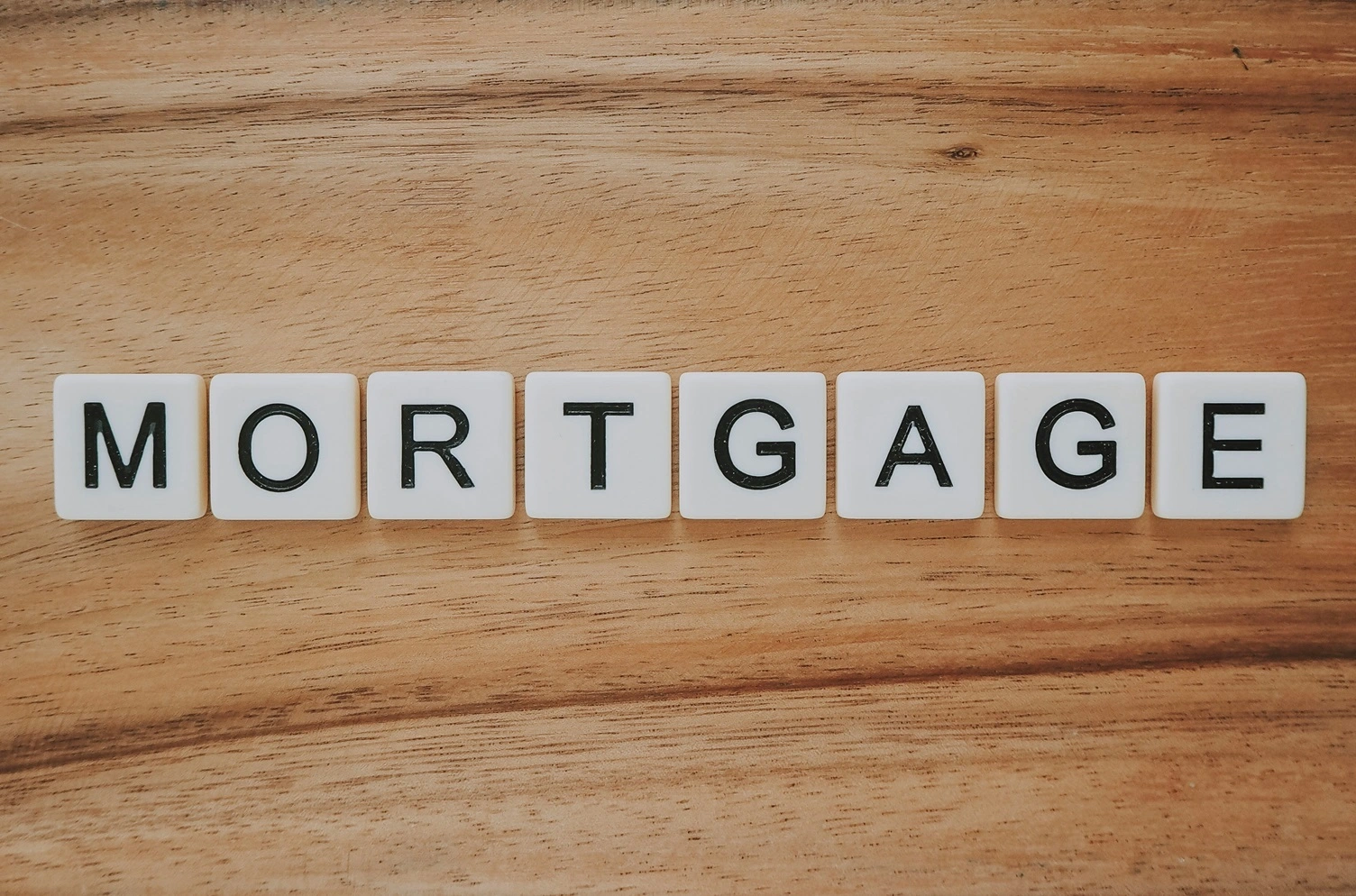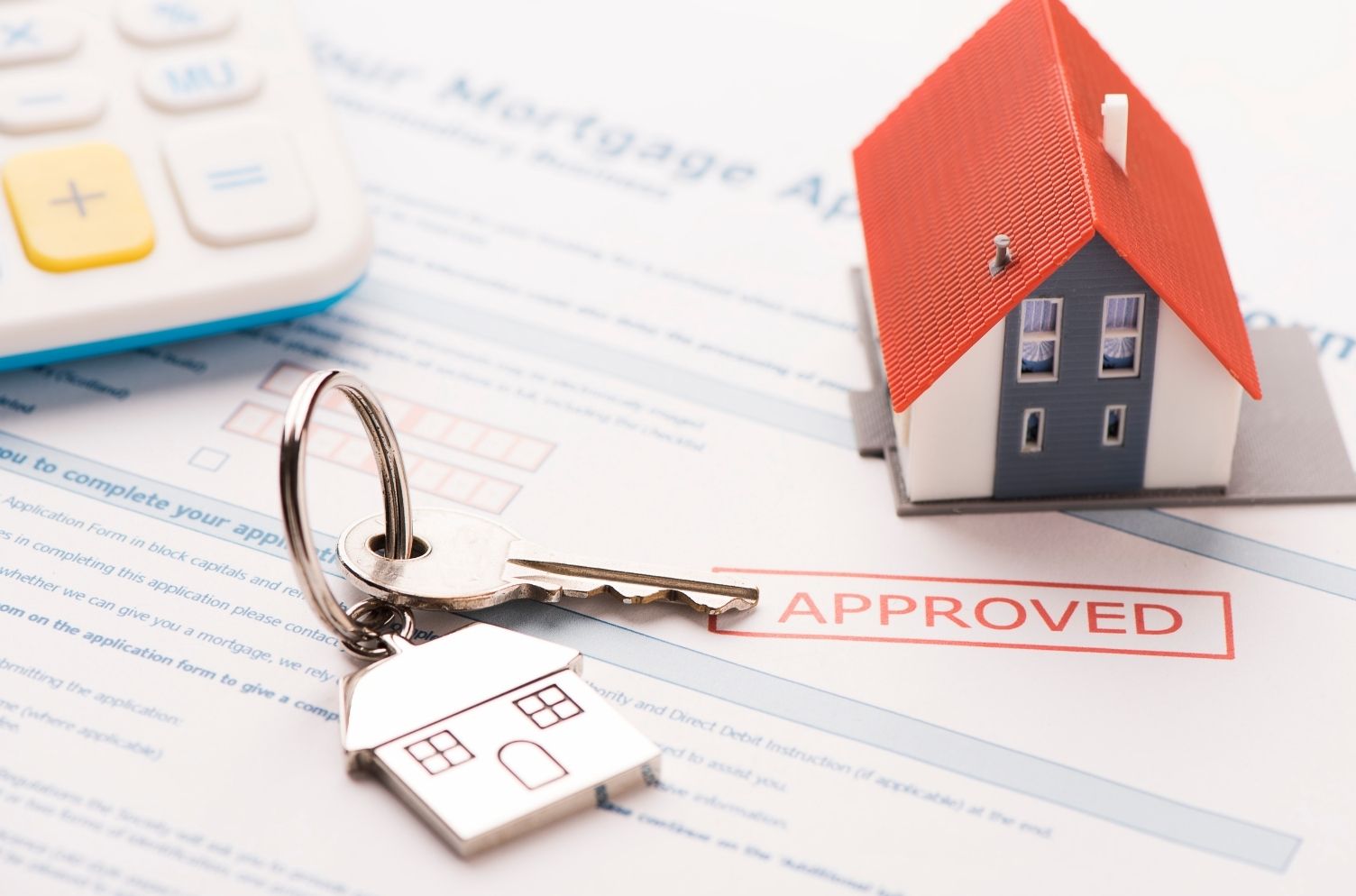What Sort of Homeowner Loan Am I Eligible For?

What Sort of Homeowner Loan Am I Eligible For?
There are thousands of mortgages and home loans on the UK market to choose from. If one lender has turned you down, it can be disheartening - but you may simply have applied for the wrong product or to the wrong lender.
Here the Revolution Brokers team explains what homeowner loans are and how they differ from mortgages.
If you have any further questions or would like help from an independent, whole-of-market broker to find your home loan, give the team a call on 0330 304 3040, or email us at [email protected].
How are Homeowner Loans Different From Mortgages?
Homeowner loans are often called secured loans. They are separate from a mortgage and are secured against your property in the same way.
However, there are different rules and eligibility requirements. Many homeowners choose this type of secured loan to release equity and cover expenses or raise capital. The existing mortgage remains payable as usual and is a separate debt not impacted by the homeowner loan.
The amount you can borrow depends on how much equity you have in your home - the difference between what the property is currently worth and what you owe on your existing mortgage.
Most homeowner loans run from anything between one and 35 years and will incur interest as with a mortgage. The shorter the loan term, the less interest you will pay overall.
How Quickly Can I Get a Homeowner Loan, and How Much Can I Borrow?
This loan type is usually faster to arrange than a mortgage and can raise funds quickly if you need to cover costs such as a financial problem or carry out urgent repair works.
If you do not require a valuation, and the Loan to Value ratio on the application is low, you can release funds as quickly as within one day. Typically, you would expect a homeowner loan application to take around three to six weeks to process from start to finish.
The amount you can borrow depends on:
- What the property is worth.
- How much you earn.
- Your age and credit rating.
- Why you want to borrow the funds.
Lenders all have different lending criteria and will usually have an LTV cap. For example, if you want to borrow £50,000 against a property worth £200,000, your LTV is 25% which is a low ratio and usually acceptable.
Are Homeowner Loans Available to Bad Credit Applicants?
Possibly, yes, depending on what sort of credit issues you have on your file, when they occurred, if you have since repaid your debt, and how long ago the problems occurred.
Specialist bad credit lenders can offer to lend in most scenarios. However, it is vital to work with a broker to ensure you apply to the right homeowner loan provider to avoid racking up additional hard credit searches and making the problem worse.
How Much Do I Have to Earn to Get a Homeowner Loan?
The application assessment process involves looking at your income to determine whether you can afford to keep up with the repayments.
Lower-income applicants can find it harder to get a homeowner loan or be charged a higher interest rate given that the lender's risk is higher.
Lenders also have varying policies about how they calculate your income. For example, some will include everything, from bonuses and overtime to benefits and allowances. Others will include a proportion of those income streams, and others will calculate affordability solely based on your primary salary.
If you are self-employed, you can also apply for a homeowner loan.
Lenders will ask for your trading accounts or tax returns and calculate your affordability based on your average annual earnings.
Can I Get a Homeowner Loan if I Am Retired?
Potentially, although some lenders have age caps, usually either 75 or 85. Others have no age limits, so you can apply at any age - as long as your income will cover the repayments.
There are several later life mortgage products, so it's well worth speaking to the Revolution Brokers team to determine which options are the most competitive.
Are Homeowner Loans Available to First-Time Buyers?
If you've just bought your first home and want to take out a homeowner loan, that might be to pay for furnishings or redecoration works.
It can be challenging to find approval since your equity will usually be low, and therefore the loan is high risk. After six months or so, you typically have a better chance of approval.
What Happens If I Want to Take Out a Homeowner Loan Against a Non-Standard Building?
Non-standard buildings are always more complex to secure lending against because they can be more expensive to maintain and more complicated to sell were the lender to end up in a repossession scenario.
Examples of properties in this category include:
- Listed buildings.
- High-rise apartments and flats with balcony access.
- Frames of steel or timber.
- Thatched or tin roofs.
- Concrete properties.
- Ex-council residences.
You will usually need a specialist lender to take out a homeowner loan on a non-standard property, with a broker able to advise on your best options.
Do I Need to Have a Mortgage to Take Out a Homeowner Loan?
If you own your property outright and have no mortgage, this is called an unencumbered property.
It can be more difficult to get a homeowner loan if you don't have a mortgage, simply because this type of loan is usually a second charge and secured as a second priority after your primary mortgage.
However, you can find homeowner loans without a mortgage, although again, specialist advice from an independent broker is crucial to assess whether a remortgage would be of a lower cost.
What Can I Use a Homeowner Loan For?
Some lenders will have policies about what you can use a homeowner loan for, but some of the most common purposes include:
- Consolidating debts, sometimes cheaper than remortgaging, especially if you have a great deal on your current mortgage. Most lenders place a cap on the Loan to Value ratio available on homeowner loans to repay debts, usually up to 85% or 90%.
- Renovation or home improvements. Homeowner loans are often used to build an extension or convert the loft, for example.
Are Homeowner Loans Available on Buy to Let Properties?
Possibly, but the LTV caps are usually stricter on a buy to let property. Lenders will also need to run affordability checks to ensure the rental income will cover both your buy to let mortgage and the homeowner loan repayments.
Can My Property be Repossessed If I Can't Repay a Homeowner Loan?
Yes, it can be. The mortgage is the first charge, and the homeowner loan the second. That means if you can't pay your debts, the property will be repossessed and sold.
The mortgage lender has first rights on the funds raised to clear their outstanding amount, with the balance used to repay the homeowner loan.
What are the Other Options Instead of a Homeowner Loan?
There are multiple options, so it remains crucial to seek independent advice from an experienced broker before making any decisions.
You should also weigh up the pros and cons of homeowner loans and remortgaging before choosing the right borrowing option.
Homeowner loans:
- Are faster to arrange and often have no early repayment charges.
- The rates are often variable and might go up and usually have a cap on the maximum Loan to Value ratio.
Remortgages:
- Can be more competitive with lower rates.
- However, there can be legal charges to account for, and interest rates may not be as reasonable as your current mortgage account.
Zero % Credit Cards:
- Can be used to pay for home improvement costs.
- Specialist cards charge zero interest for up to two years.
- If you can repay the borrowed funds within two years, you won't incur any interest.
Which UK Lenders Offer a Homeowner Loan Product?
Many mortgage lenders offer this type of loan, although they will all have different rules and policies about whom they will lend to:
|
Bank |
Homeowner loan policies |
|
Amigo Loans |
Available to any applicants who pass their affordability and credit assessments. |
|
Barclays |
Offered to applicants with an existing Barclays account, mortgage or credit card. You cannot use it to repay a CCJ. |
|
Capital One |
Have stopped offering this type of loan. |
|
Halifax |
Available to any applicants who pass their affordability and credit assessments. |
|
HSBC |
Available to new and existing HSBC customers only. |
|
Nationwide |
Closed to any non-Nationwide members (including HSBC customers). |
|
NatWest |
Open to UK residents with a NatWest current account, credit card or mortgage, held for at least three or six months. |
|
Ocean Finance |
Available to any applicants who pass their affordability and credit assessments. |
|
Santander |
Only offered to existing Santander customers for values over £20,000. |
Expert Advice on Homeowner Loans
If you're considering a homeowner loan, it is essential to weigh up the advantages and consider other borrowing products to make sure you're choosing the most affordable option.
Contact Revolution Brokers on 0330 304 3040, or email us at [email protected] for an independent assessment or to get your application started.
Related Posts
Ask the Expert
Mortgage Brokers




